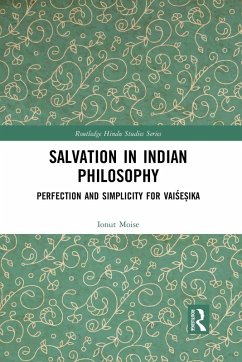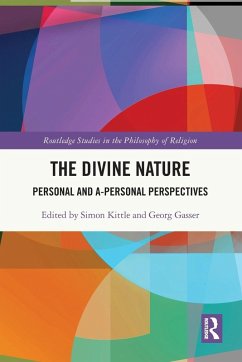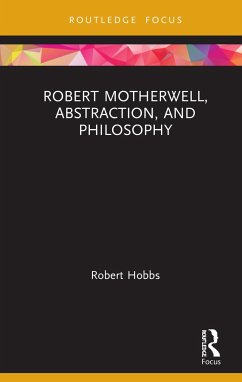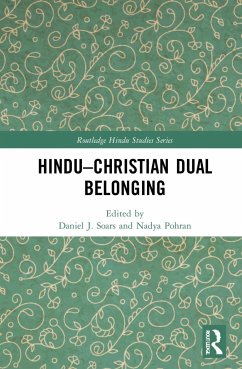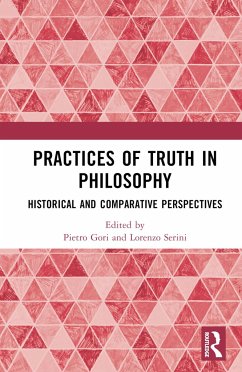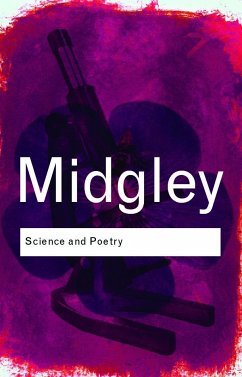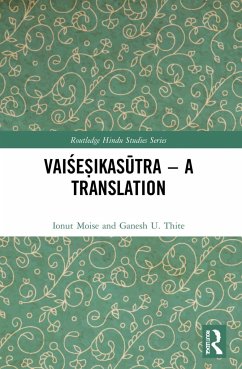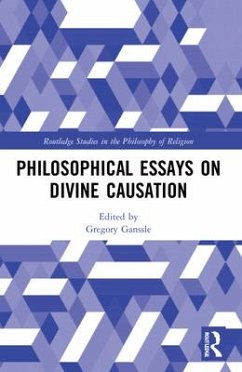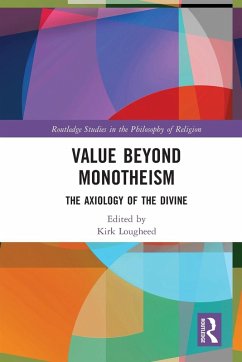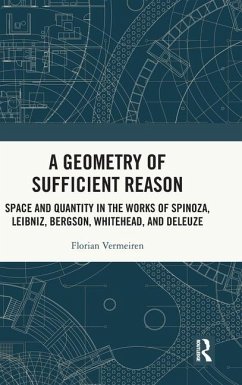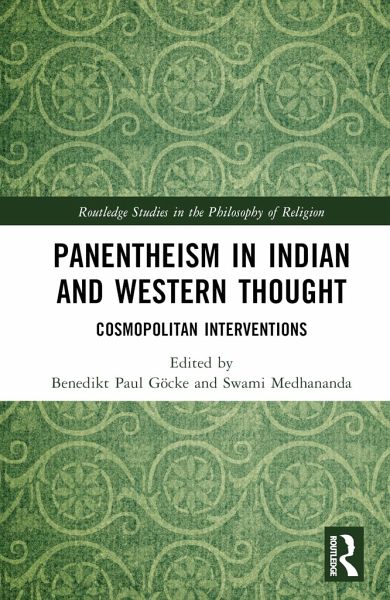
Panentheism in Indian and Western Thought
Cosmopolitan Interventions
Herausgegeben: Göcke, Benedikt Paul; Medhananda, Swami
Versandkostenfrei!
Versandfertig in 6-10 Tagen
154,99 €
inkl. MwSt.

PAYBACK Punkte
77 °P sammeln!
For too long, scholars interested in panentheism have focused almost exclusively on Western approaches to the issue. This book offers the first in-depth study of a wide range of Indian paradigms of panentheism, both ancient and modern, and brings these paradigms into creative and constructive dialogue with Western traditions.This volume features original essays written by leading international scholars. The volume discusses a broad range of Indian panentheistic traditions, including the Upanisads, Bhedabheda Vedanta, Ramanuja's Visis advaita Vedanta, Yogacara Buddhism, and the Ramakrishna-Vive...
For too long, scholars interested in panentheism have focused almost exclusively on Western approaches to the issue. This book offers the first in-depth study of a wide range of Indian paradigms of panentheism, both ancient and modern, and brings these paradigms into creative and constructive dialogue with Western traditions.
This volume features original essays written by leading international scholars. The volume discusses a broad range of Indian panentheistic traditions, including the Upanisads, Bhedabheda Vedanta, Ramanuja's Visis advaita Vedanta, Yogacara Buddhism, and the Ramakrishna-Vivekananda tradition. The chapters connect these traditions with Western panentheistic conceptions developed by thinkers such as Spinoza, Berkeley, Schopenhauer, Krause, Royce, Tononi and Koch, and Western process philosophers.
Panentheism in Indian and Western Thought will be of interest to scholars and advanced students working in philosophy of religion, Indian philosophy, comparative philosophy, and comparative religion.
This volume features original essays written by leading international scholars. The volume discusses a broad range of Indian panentheistic traditions, including the Upanisads, Bhedabheda Vedanta, Ramanuja's Visis advaita Vedanta, Yogacara Buddhism, and the Ramakrishna-Vivekananda tradition. The chapters connect these traditions with Western panentheistic conceptions developed by thinkers such as Spinoza, Berkeley, Schopenhauer, Krause, Royce, Tononi and Koch, and Western process philosophers.
Panentheism in Indian and Western Thought will be of interest to scholars and advanced students working in philosophy of religion, Indian philosophy, comparative philosophy, and comparative religion.



